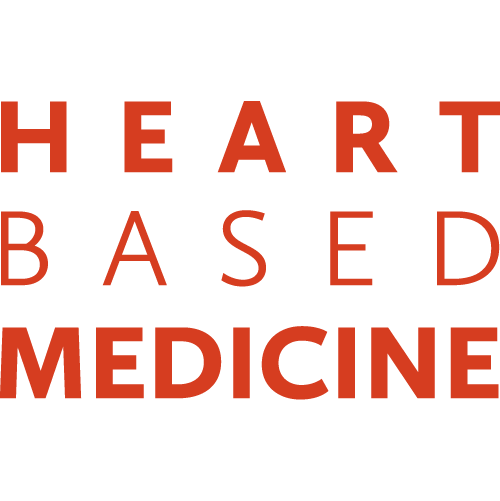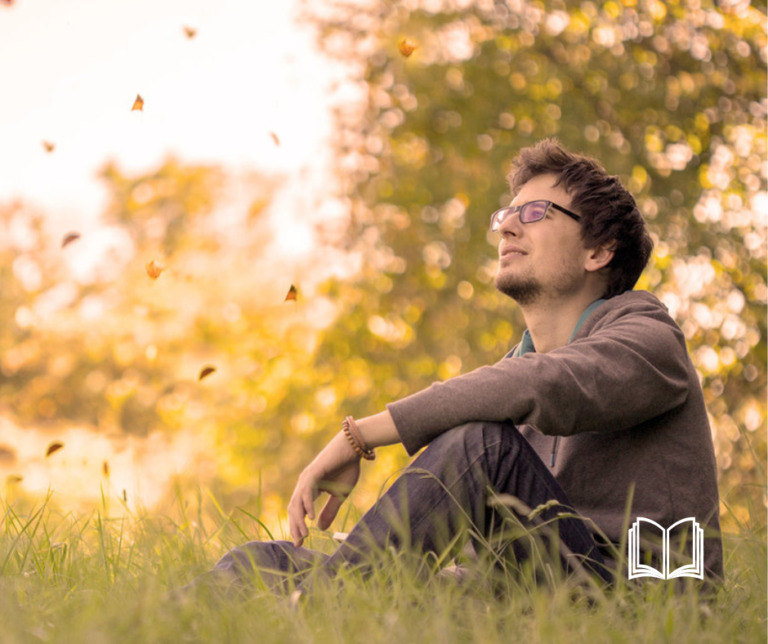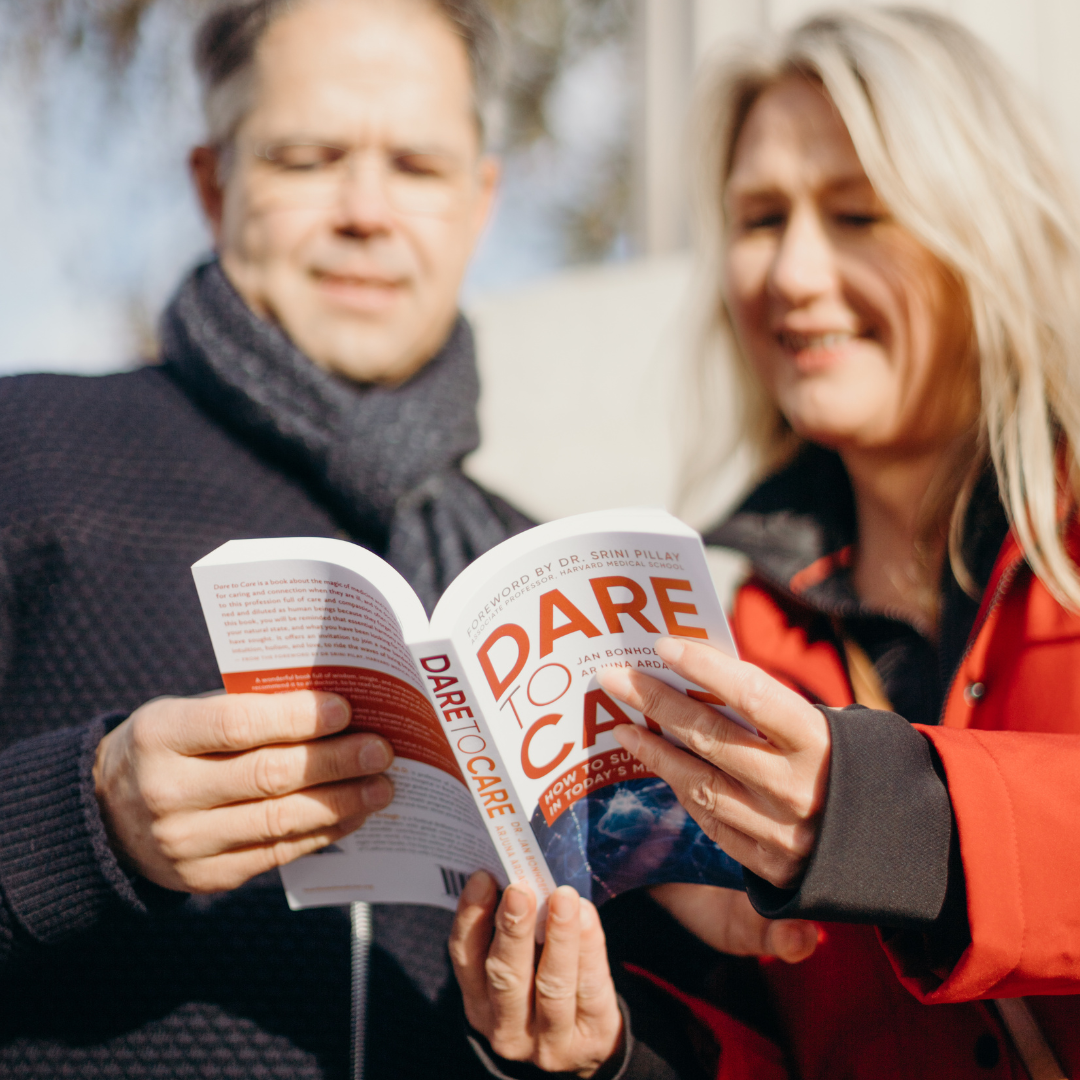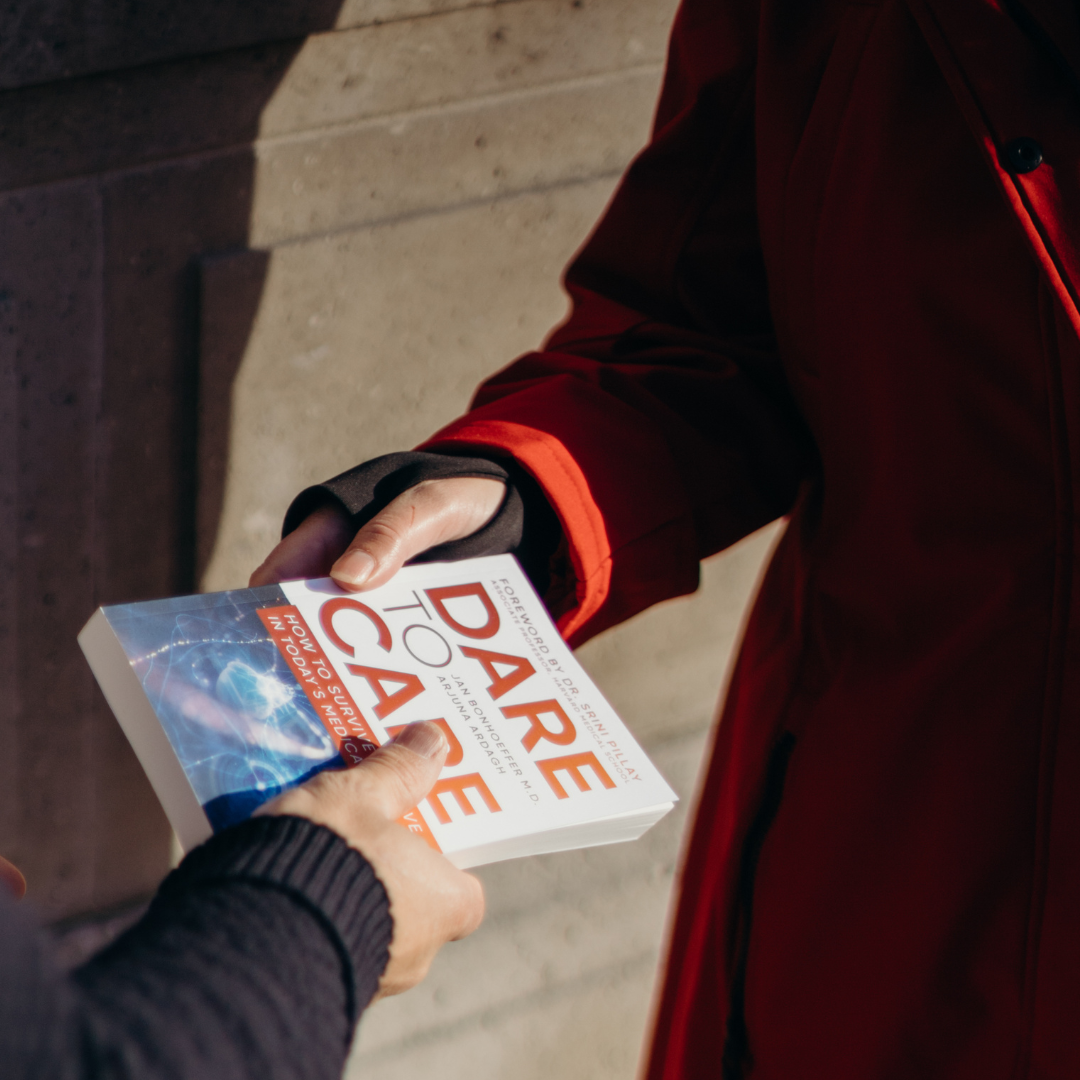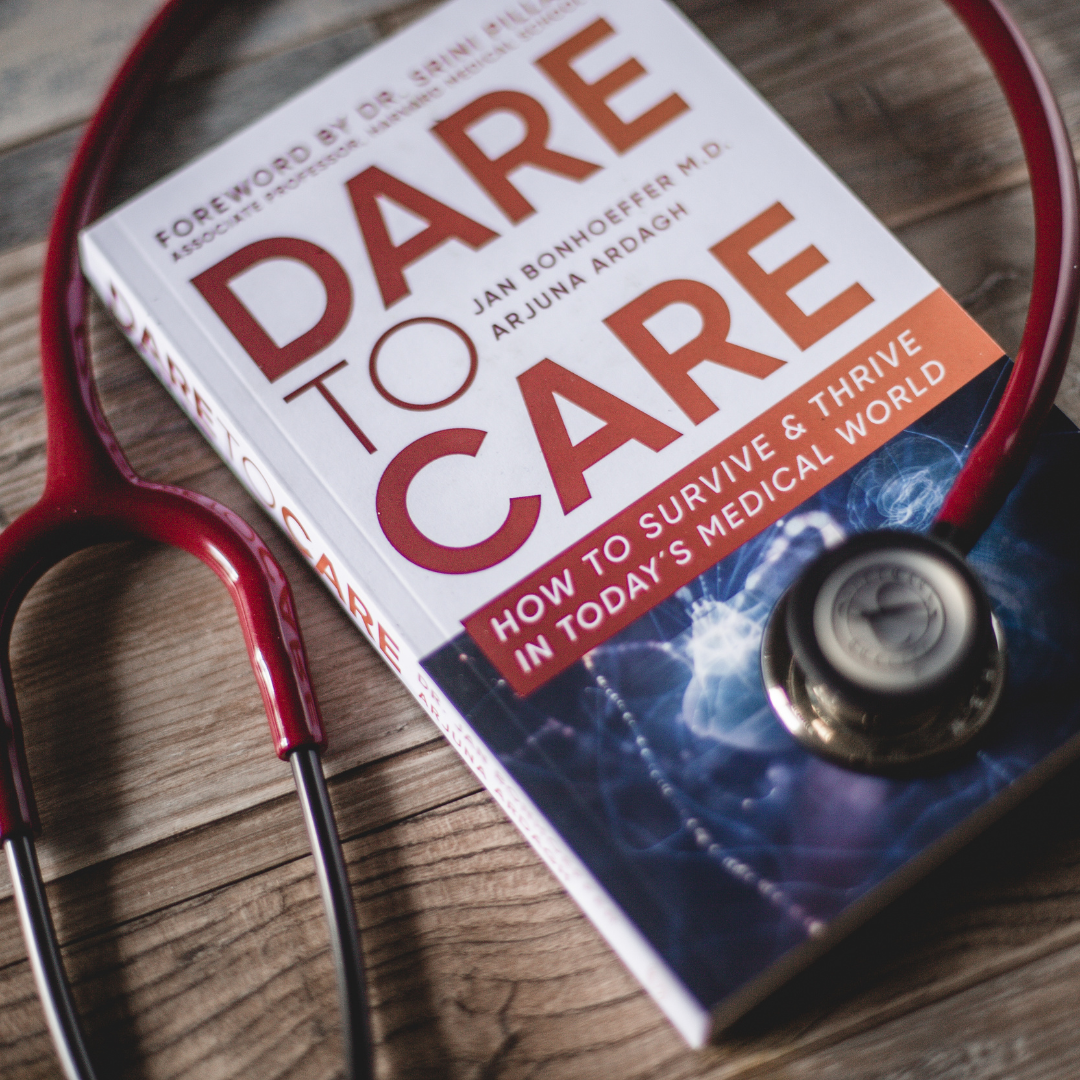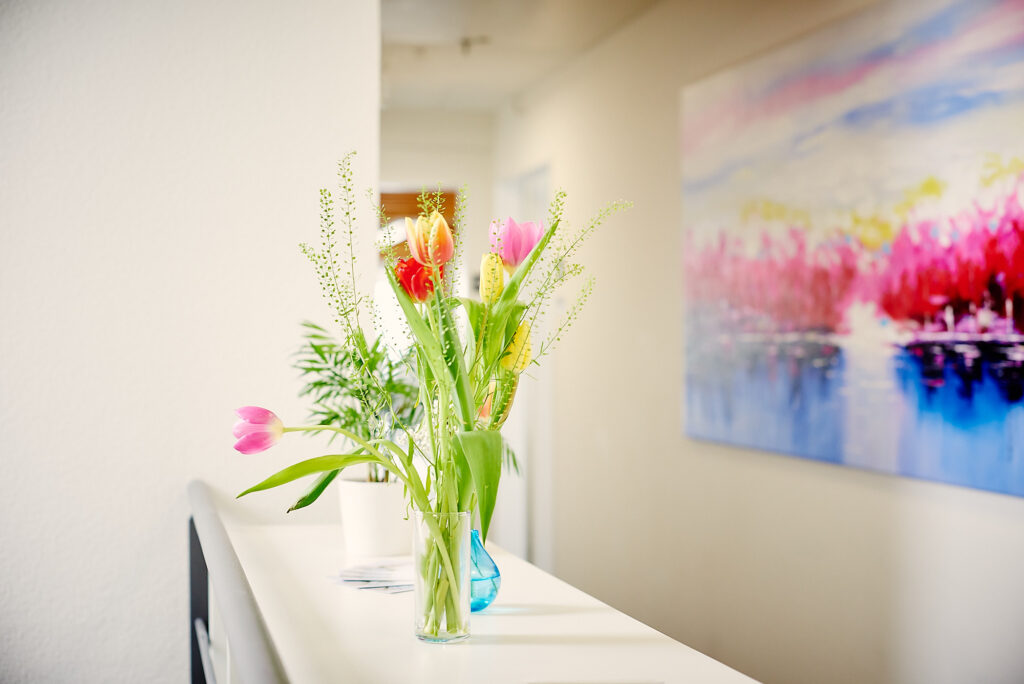When she came to my private office with her mother for the first time, I went to meet her in the crowded waiting lounge. ‘Sophie Wildwood, please,’ I called out as my eyes scanned the room for a 14-year-old girl. A tall, slim girl with short blond hair and a pale complexion lifted herself from her chair as if it was against her will.
She was wearing sporty outdoor clothes with light training shoes. Sophie shuffled towards me, eyes cast down with her upper body slightly hunched forward, her shoulders pulled halfway up to her ears. She was followed by her mother who looked directly at me with loving open eyes when she spoke.
‘Good morning Dr Bonhoeffer’.
I welcomed them both to my consulting room and we gathered around a small table.
‘Thank you, we are so glad to be here. We have been referred to you by Dr Roberts, who was our family paediatrician where we used to live.’ Mrs Wildwood sighed, a note of exhausted urgency creeping into her voice. ‘Sophie has a lot of complaints and we really need to make progress.’
‘Tell me, Sophie, what’s bothering you?’ I asked, expecting a vivid response that would explain the urgency. Instead, it took about a minute for her to answer.
She stared down at the floor between her knees, her head drooping as she uttered: ‘I don’t know, there is so much.’
I paused, with a gentle look inviting her to continue and over the next 45 minutes I learned about her many symptoms.
A splitting headache every week, heartburn for six months and a stomach ache which had plagued her for almost a year. Sophie had also lost her appetite, feeling fat despite losing weight. In addition, she was experiencing pain in her lower back, right knee and left ankle. She also told me about the dry, red and itchy skin on her elbows and knees and how this never seemed to improve. All these symptoms were affecting her sleeping patterns and she was having trouble concentrating in school. Homework meant she was studying until late at night so she struggled to fall asleep easily, then woke in the morning feeling like she’d been run over by a truck.
During our conversation, I also learned that Sophie loved to wear sporty outdoor gear and spent most weekends in the mountains with a group of boys building teepees and watching birds.
‘I would really like to help you feel better again, Sophie,’ I reassured her. ‘You have a lot of symptoms, and I’m realising that we’re going to need more time than the hour I’d planned for us to get to the bottom of them.’ Sophie and her mother both nodded. ‘May I propose that we schedule an appointment soon where I can examine you thoroughly so that we can determine whether we need more lab tests or further appointments? Then we can review all your results and plan together how we will meet your needs. Would that work for you?’
We all agreed and as she made her way to the reception desk to arrange her next appointment, I noticed that she walked with more energy.
When Sophie returned the following week, her body posture was the same as before. ‘How are you today?’ I asked. Sophie just shrugged, indicating that nothing had changed since our last appointment. I took her through an extensive physical examination in the presence of her mother. This of course revealed nothing abnormal except her eczema and the absence of breast and pubic hair development. I thanked her for giving me permission to examine her and we discussed my proposed lab test.
‘I’ve looked at the list of eight medications that you are taking. There is nothing wrong with them, but I’m not sure whether you really need them and how they’re modifying what is actually going on in your body. Given how long you’ve been suffering already, I would like to propose stopping all of them. Only keeping the painkillers as a reserve if you really need them. Would this be acceptable to you?’
Sophie nodded and her mother confirmed ‘Yes,’ with a sigh of relief.
At the end of our 30-minute consultation, I had the hunch that the lab results would not shed the light we needed to get to the bottom of this case. I followed Sophie and her mother to the reception desk and asked our wonderful receptionist if she could find an appointment for us at the end of the day to discuss the lab results.
‘We will also need some extra time to listen more deeply,’ I added.
On our third appointment, Sophie and her mother were the last in the waiting room. They sprang up nervously from their seats. As we sat down together in my consulting room, I opened our conversation by declaring ‘All the lab tests came back normal, Sophie.’ She just shrugged as if she knew this already. But her nervousness did not settle.
‘Sophie, we’ve only known each other for about 2 hours in total, but you came to seek help. I feel that you know something that I don’t know yet and that it may explain a lot of your suffering. Is this possible?’
After a long pause, she looked at her mother, who widened her eyes, encouraging her daughter to share what they both already knew. Tears started to roll down Sophie’s cheeks and she whispered: ‘Yes.’ She took a few minutes to grasp her courage before finally daring to blurt out:
‘I feel like a man in a woman’s body … and nothing really fits … and it all hurts … and this is not my body … and sometimes it is … and I feel ashamed, and I don’t know what to do about all this.’
Leaning forward, I held her hand. For five minutes no one said anything.
When her crying started to settle, I continued holding her hand and her attention. ‘Congratulations, Sophie. I am so proud of you! You just took a tremendous step!’
As she started to collect herself, I passed her a tissue. She straightened up in her seat, wiped her swollen eyes and blew her nose.
‘Thank you for your trust and for sharing this with me. You have just opened a gate for yourself to walk through.’

‘Sophie, how do you feel now?’ I probed.
‘Just relieved,’ she sighed.
‘Now we are on a journey together!’ I smiled. ‘We can build a team to help us learn more and to find the best route for you. But before we even take any action, Sophie, I wonder if you have a hunch as to how many of the complaints you mentioned to me in our first meeting have to do with your feeling of being a man in a female body?’
For the first time, her response was immediate: ‘All of them, Dr Bonhoeffer. It’s all part of the same.’
Every cell in my body agreed as I listened to her. My initial list of suspected diagnoses, which included chronic gastritis, juvenile arthritis, atopic dermatitis and anorexia, all collapsed. The extensive diagnostics I had been planning – including MRI of the head and gastroscopy – were now unnecessary and I scrapped my list of treatment options which featured antacids, anti-inflammatories, antibiotics and more.
Why fight the body when it clearly knew what was out of balance?
‘It seems to me that the best option would be to listen to your body and everything you feel. How about if we take a gentle approach, and invite your body to re-align with this new perspective?’
There was a trace of a smile on her face as I asked her: ‘If you had a wish, what would be best for you?’
Again she didn’t hesitate: ‘Drop school for a few days … eat lightly, rest most of the day … drink tea … do nice things.’
And so we agreed. I wrote a note for her school, suggesting that she rest a lot and take light walks in nature. She was also advised to lay down every morning and evening for 15 minutes with a large cup of a camomile infusion while gently massaging her tummy with a clover ointment. And to obtain an empty notebook for sketching thoughts and feelings as they arose. I also prescribed 6 soothing massages and physical therapy sessions focussing on Feldenkrais ‘awareness through movement’ exercises.
I was struck by Sophie’s body language as I proposed all of this.
She stroked her hair, rocked her body gently on the chair, held her hand over her heart for a moment and looked at me as if she’d just enjoyed a beauty session with her female friends.
‘I’m looking forward to learning a lot together in the weeks to come,’ I smiled as we closed the appointment.
When Sophie left the consultation room, I took a minute to reflect and reset myself before going home to my family.
I felt that Sophie had taught me another valuable lesson in healing.
By taking time to build a sincere open-hearted relationship, and to listen more deeply and be guided by the patient’s own assessment, I had been more effective than if I’d merely applied my professional knowledge to her diagnosis and prescribed a lot of drugs. By being present and attentive, together with using what I’d learned in medical school, I was able to create a conducive environment and unlock the healing potential of my patients, which is at the core of Heart Based Medicine.
The story above is based on personal experiences. Places and names are fictional.
